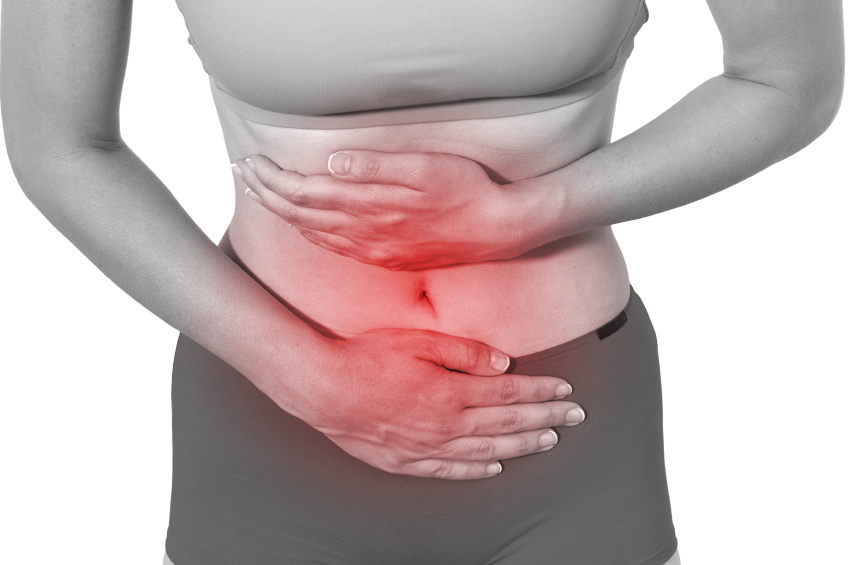
Dysmenorrhea: Menstrual Cramps, Causes & Treatments
Dysmenorrhea, commonly known as painful menstrual cramps, is a prevalent condition affecting many women during their reproductive years. It is characterized by throbbing or cramping pains in the lower abdomen, often just before and during menstrual periods. Dysmenorrhea is categorized into two types: primary dysmenorrhea, which involves pain that’s not related to any other pelvic condition, and secondary dysmenorrhea, where pain occurs due to identifiable pelvic diseases or abnormalities.
Causes of Dysmenorrhea
Primary dysmenorrhea is typically caused by the release of prostaglandins, hormones that cause uterine muscle contractions, leading to pain and inflammation. Younger women and teenagers are more commonly affected, with the intensity of pain usually decreasing with age or after childbirth.
Secondary dysmenorrhea can be caused by various pelvic conditions, including:
- Endometriosis: The presence of endometrial tissue outside the uterus, causing severe pain.
- Uterine fibroids: Non-cancerous growths in the uterine wall can cause pressure and pain.
- Adenomyosis: When endometrial tissue grows into the uterine muscle.
- Pelvic inflammatory disease (PID): An infection of the female reproductive organs, often caused by sexually transmitted bacteria.
- Cervical stenosis: A narrowing of the cervix, which can hinder menstrual flow, causing an increase in pressure and pain.
Symptoms of Dysmenorrhea
Symptoms of dysmenorrhea can vary but often include:
- Pain in the lower abdomen, which can also radiate to the lower back and thighs.
- Nausea and vomiting.
- Diarrhea.
- Headaches.
- Dizziness.
- General malaise.
Diagnosis and Treatment
Diagnosing dysmenorrhea involves a detailed medical history, a physical examination, and possibly diagnostic tests to identify any underlying conditions, especially for secondary dysmenorrhea. At London Private Ultrasound, we offer a comprehensive approach to diagnosing and managing dysmenorrhea, including:
- Ultrasound Scans: Our high-resolution ultrasound scans can detect abnormalities such as fibroids, adenomyosis, and signs of pelvic inflammatory disease, providing invaluable information for the diagnosis of secondary dysmenorrhea.
- Blood Tests: To check for signs of infection or inflammation that may indicate PID or other conditions.
- Referrals to Specialists: For cases of secondary dysmenorrhea, we can refer patients to gynecologists or other specialists for further evaluation and treatment.
Treatment for dysmenorrhea may include:
- Medication: Non-steroidal anti-inflammatory drugs (NSAIDs) are commonly prescribed for pain relief. Hormonal contraceptives can also be effective in reducing or eliminating pain.
- Lifestyle Changes: Regular exercise, dietary modifications, and stress management techniques can help alleviate symptoms.
- Surgical Options: For secondary dysmenorrhea caused by conditions like endometriosis or fibroids, surgical intervention may be necessary.
Comprehensive Care at London Private Ultrasound
London Private Ultrasound is committed to providing personalized care for women experiencing dysmenorrhea. Our clinic is equipped with the latest diagnostic technology, and our team of healthcare professionals is dedicated to identifying the cause of your pain and developing an effective treatment plan.
Understanding and managing dysmenorrhea is crucial for improving the quality of life for many women. At London Private Ultrasound, we understand the impact of menstrual pain and are here to support you with advanced diagnostic services and comprehensive care. If you’re struggling with dysmenorrhea, contact us today to schedule an appointment. Our goal is to help you find relief and achieve optimal pelvic health.
To book online select the date and time that suits you best – alternatively, please contact us with any questions via the chat, call or email links provided.
Telephone: 020 7101 3377

